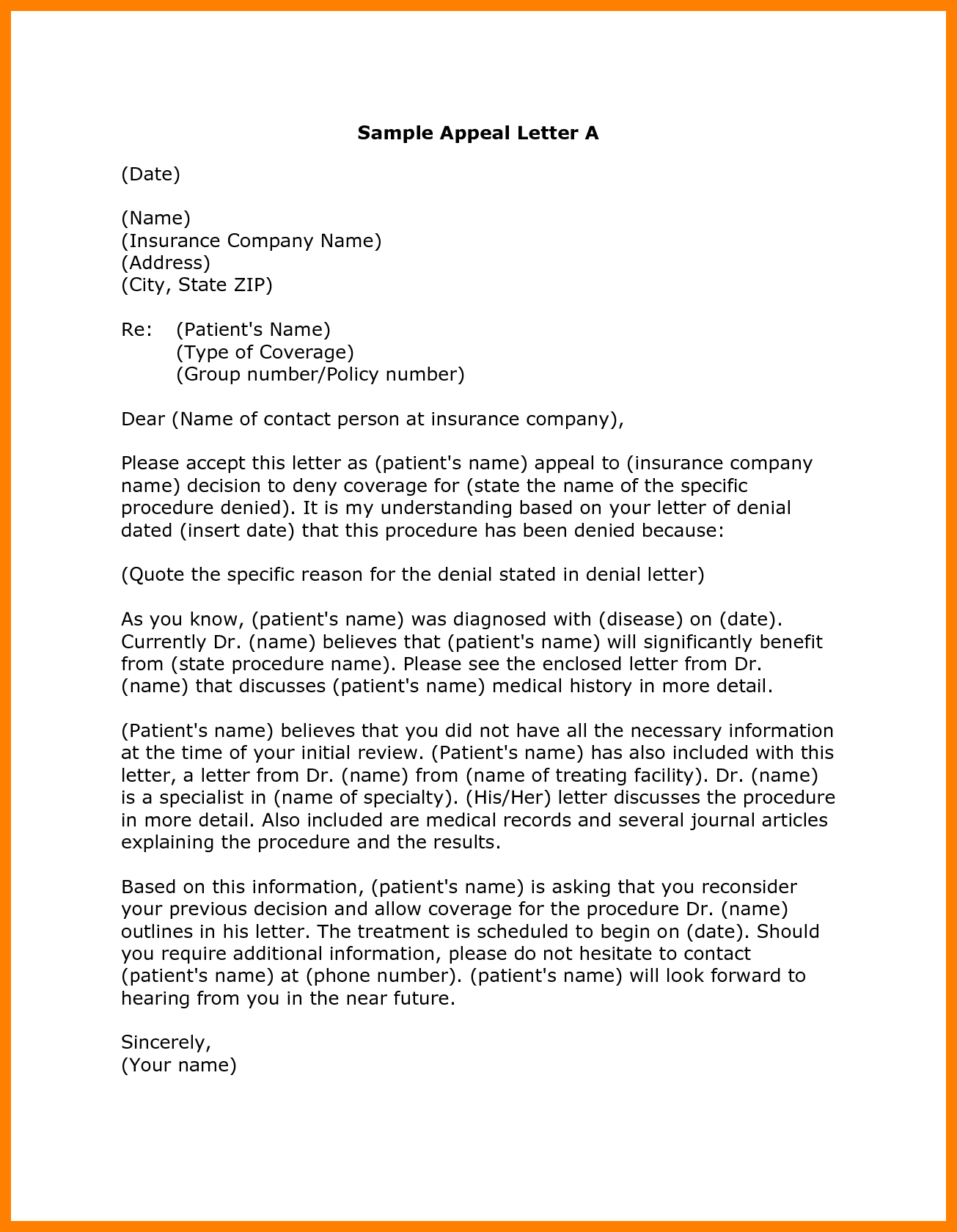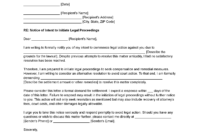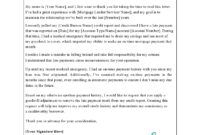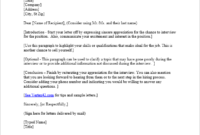Navigating the complexities of health insurance can often feel like a puzzle with missing pieces, especially when you receive that dreaded denial letter. It’s a frustrating experience, one that many of us have faced, leaving us wondering what to do next. But here’s an important truth: a denial isn’t always the final answer. You have the right to appeal, and with the right tools, you can significantly increase your chances of a successful outcome.
This process, while daunting, becomes much more manageable when you have a clear roadmap. Imagine having a structured approach, a guiding hand to help you articulate your case clearly and persuasively. That’s where understanding how to craft an effective appeal comes in, and having a solid health insurance appeal letter template at your disposal can be an absolute game-changer. It transforms a bewildering challenge into a series of actionable steps.
Understanding Your Health Insurance Denial
Before you can effectively appeal a health insurance denial, it’s crucial to understand why your claim was rejected in the first place. Insurance companies can deny claims for a multitude of reasons, some administrative and others related to medical necessity. Common causes include issues with pre-authorization, services deemed not medically necessary, out-of-network providers, incorrect coding, or simply missing information. Don’t assume the denial is always correct; sometimes it’s a bureaucratic error that can be easily rectified.
Your denial letter should explicitly state the reason for the rejection, along with instructions on how to appeal. Pay close attention to these details, as they will form the foundation of your counter-argument. If the reason isn’t clear, don’t hesitate to call your insurance company and ask for clarification. Knowledge is power, and the more you know about the specific grounds for denial, the better equipped you’ll be to challenge it.
It’s also important to remember that there are often strict deadlines for submitting an appeal. Missing these deadlines can jeopardize your ability to challenge the decision, so act promptly once you receive a denial. Mark your calendar, gather your documents, and prepare to present a compelling case. This initial phase of investigation and organization is critical to a successful appeal.

Key Information to Gather Before Appealing
- The original denial letter from your insurance company.
- Your insurance policy or plan documents, which outline your coverage and benefits.
- All relevant medical records, including physician notes, test results, and diagnoses, that support the necessity of the service.
- The Explanation of Benefits (EOB) from your insurance company, detailing the services, charges, and payment or denial.
- Any communication you’ve had with your insurance company or healthcare provider regarding the claim.
Taking the time to compile all these documents ensures you have a comprehensive understanding of your case and can reference specific details accurately in your appeal letter. This thoroughness not only strengthens your argument but also demonstrates your commitment to resolving the issue.
Crafting Your Effective Health Insurance Appeal Letter
Once you understand the reason for your denial and have all your supporting documents in order, the next step is to write a powerful appeal letter. Think of this letter as your official statement, where you politely but firmly articulate why the denial should be overturned. A well-structured letter is clear, concise, and backed by evidence, avoiding emotional language in favor of factual arguments.
Your letter should always begin with your basic identifying information, including your full name, policy number, claim number, and the date of service in question. Clearly state that you are appealing a denied claim and reference the denial letter you received. Be specific about the service or treatment that was denied and provide the exact reason for denial as stated by your insurer. This foundational information ensures your letter is correctly processed and understood.
The core of your appeal letter will be your argument against the denial. If the denial was for “medical necessity,” you’ll need to explain, using information from your medical records and possibly a letter from your doctor, why the treatment was indeed necessary for your health. If it was an administrative error, clearly outline the mistake and provide documentation to correct it. If the denial states the service isn’t covered, refer to your policy documents to show that it actually is. The goal is to systematically dismantle the insurer’s reason for denial with factual evidence.
Many find that utilizing a health insurance appeal letter template can be incredibly helpful in ensuring all necessary components are included and the letter follows a professional format. While a template provides a starting point, remember to personalize it with your specific details and argument. Always maintain a professional and respectful tone, even if you’re frustrated. Attach copies of all supporting documents, such as your doctor’s letter of medical necessity, relevant medical records, and your EOB, but never send originals. Keep a copy of your appeal letter and all attachments for your own records, and consider sending it via certified mail with a return receipt requested, so you have proof of delivery.
Don’t underestimate the power of persistence and preparation when dealing with a denied health insurance claim. By thoroughly understanding the denial, gathering all relevant information, and crafting a clear, evidence-based appeal letter, you significantly improve your chances of a successful outcome. Remember, you are your own best advocate in these situations.
Even if your initial appeal is denied, don’t give up hope. Most insurance companies have multiple levels of appeal, including an external review process, where an independent third party reviews your case. Continue to follow the instructions provided by your insurer and be prepared to escalate your appeal if necessary. Your dedication to pursuing justice for your healthcare coverage can make all the difference.



